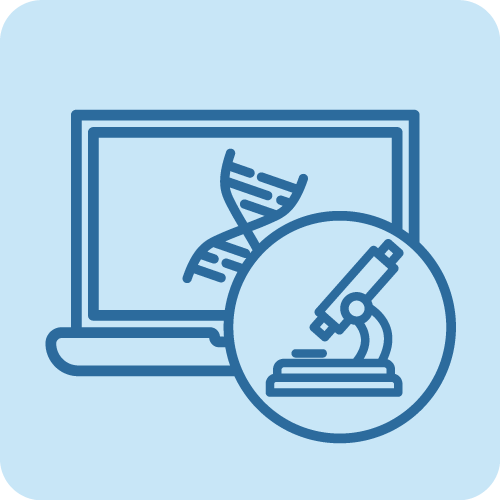Adenosine Receptors in Immune-Oncology
Current immune-oncology treatments primarily rely on costly monoclonal antibodies and exhibit success rates around 50%. Consequently,
there is increasing biopharmaceutical interest to develop small-molecules targeting the immune metabolism that complement existing
immune-oncology therapies. This project addresses the characterization and therapeutic intervention of the A2B adenosine receptor (AR),
a G-protein-coupled receptor (GPCR) which is part of the purinergic signaling pathway commonly altered in various tumors. As compared
to A2AAR antagonists in clinical trials, blocking the A2BAR is a selective mechanism of therapeutic intervention, since this receptor is
silent under physiological conditions. We will identify and optimize high affinity small-molecule antagonists for the A2BAR, and evolve
these within a multitarget strategy that considers the related A2AAR, CD73 and the P2Y1 GPCR, to deliver dual inhibitors of the purinergic
signaling system. This strategy builds up on our recently published data and promising compounds in clinical trials, showing dual A2A/A2B
dual affinity. The selective A2BAR antagonists developed along the project, on the other hand, will guide the design novel agonist
scaffolds, and both types of molecules will be used to characterize the role of this receptor in the tumor microenvironment. Our ligand
design will benefit from the recent experimental structure of active A2BAR, which we plan to supplement with new experimental structures
of inactive A2BAR with our antagonists. Finally, the characterization of the A2BAR as immune-oncology target will be complemented with the exploration of the mechanism of cancer-related somatic mutations described for this receptor, using a
methodology that we envision as generic for similar GPCR-pathogenic mutations that alter the receptors conformational equilibrium. The
proposal builds upon the expertise of the PI in GPCR structure-based approaches, reinforced by our recently developed original
representation of receptor equilibrium solved by free energy perturbation simulations. In combination with chemistry, immuno-oncology and
structural biology experiments, our interdisciplinary project will widen the field of immune-oncology therapies with small molecules.
Members (researchers): Hugo Gutiérrez de Terán Castañón
Information
Type of Funding: National
Period: 01/09/2024 - 31/08/2027

